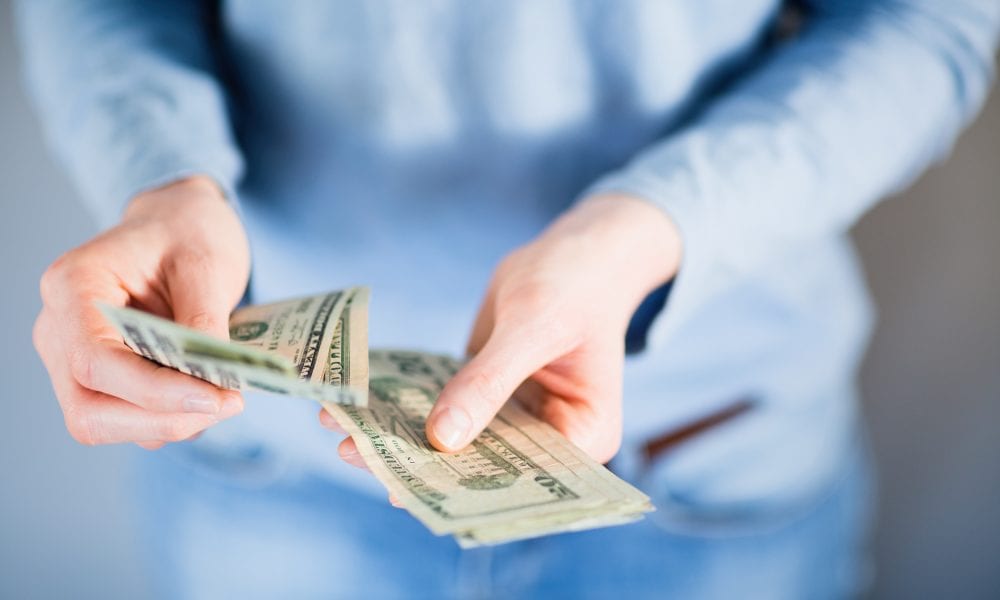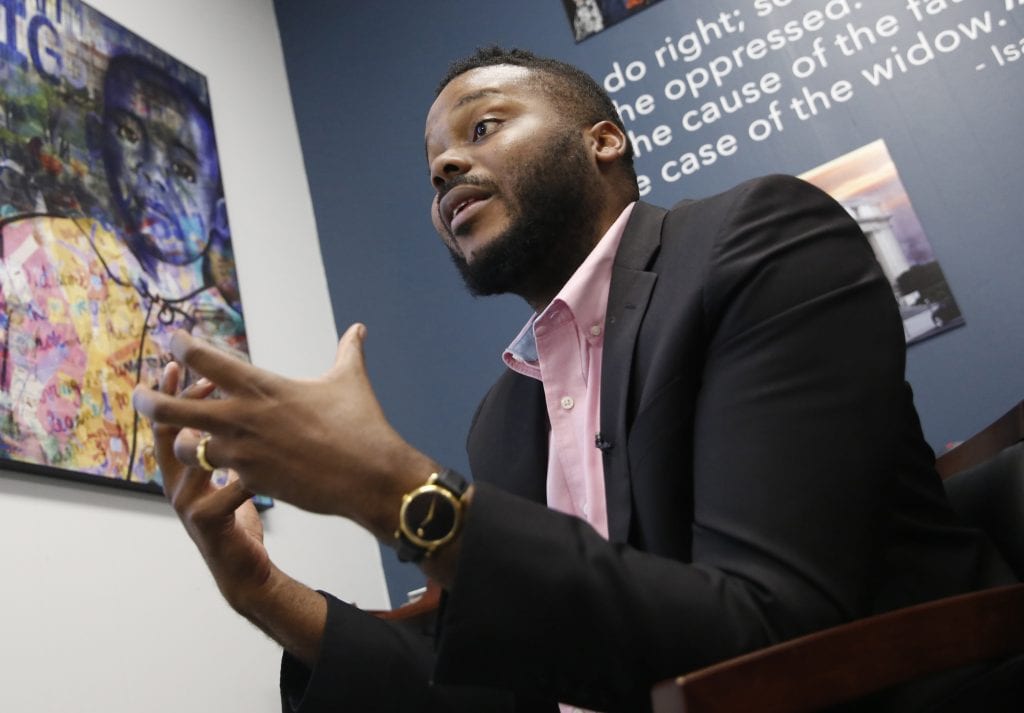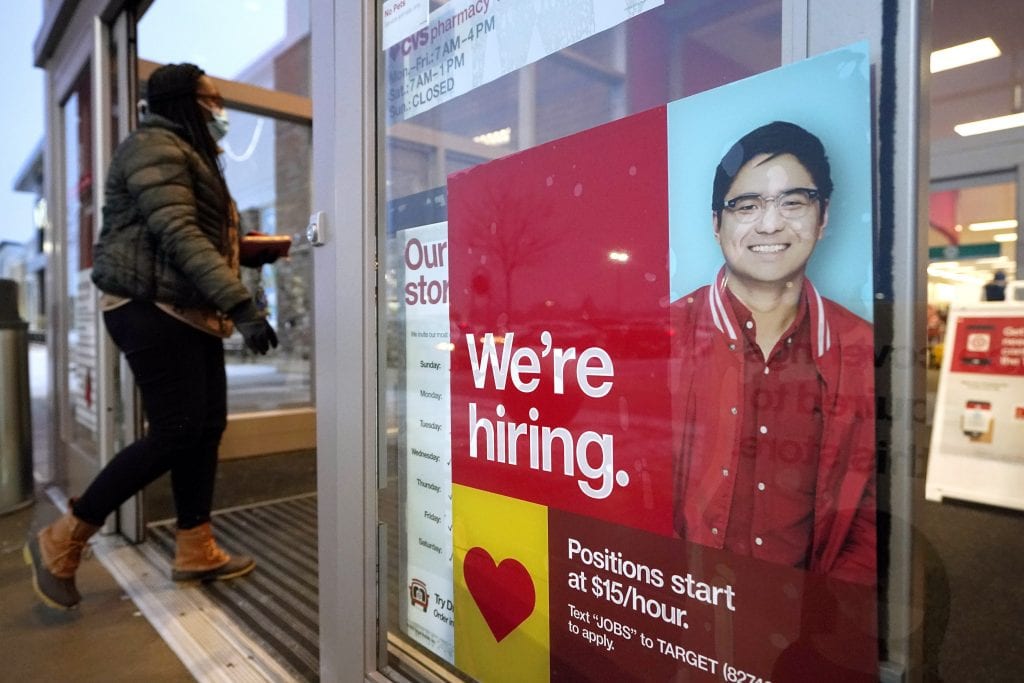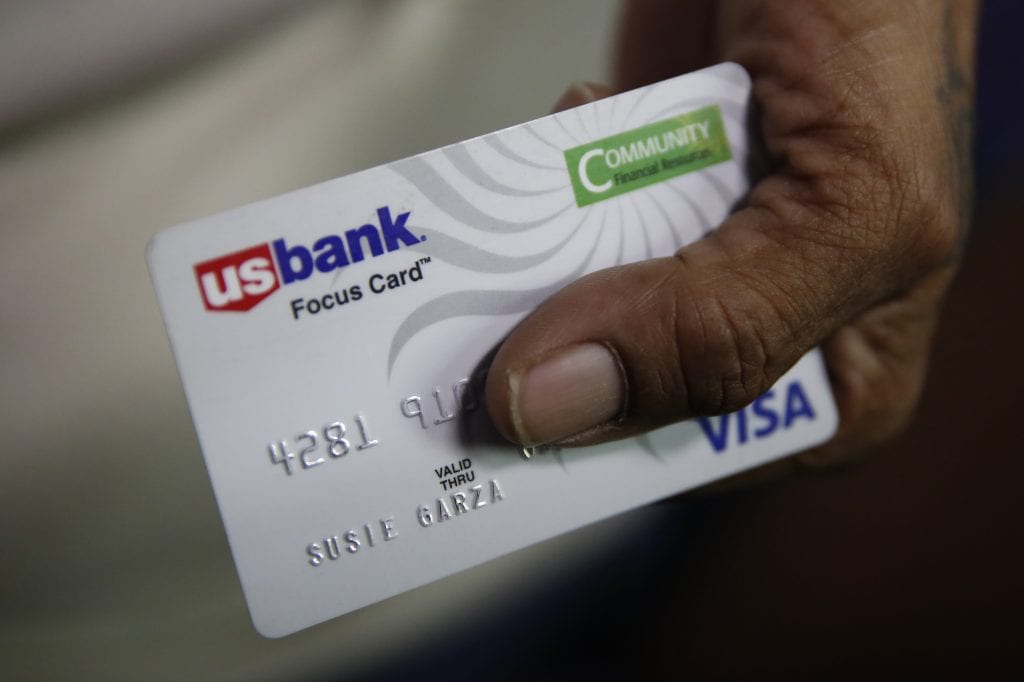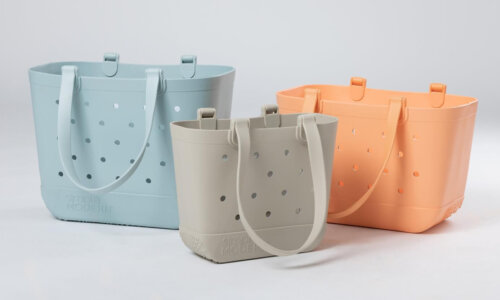Two years ago, the city of Stockton, California, launched a financial experiment that leaders hoped would help break the poverty cycle for their citizens. The city launched a donation-funded basic universal income program over a two-year period. Now, the results from the program’s first year are in, and the analysis offers some insights into the effect the money had on people’s lives.
The initiative was announced back in 2017 by then-Mayor Michael Tubbs. The Stockton Economic Empowerment Demonstration (SEED) gave 125 residents debit cards with $500 every month starting in February 2019. These residents were selected based on their median household income, which had to be the same or lower than the city’s median rate of $46,000 per year.
The experiment did not use tax money for payments. Instead, private donations funded the program, including money from Facebook co-founder Chris Hughes.
Tubbs told Business Insider the program was inspired by his own upbringing.
“My belief in it came from being raised by three amazing women, including my single mom,” Tubbs told Insider. “The issue wasn’t that they couldn’t manage money. The issue was they never had enough money to manage.”
Full-Time Employment Increased
Independent researchers at the University of Pennsylvania and the University of Tennessee reviewing the data from the first year of the pilot program found that more SEED recipients were able to find full-time employment than people in the study’s control group.
In February 2019, when the program began, 28% of people enrolled had full-time jobs. In February 2020, 40% of participants were employed full-time. In the control group (people who did not get the money), the increase in full-time employment was only 5%. The researchers told the Atlantic that with a more stable income, participants were more likely to set goals, invest in themselves and take a risk on a new job.
One SEED participant, Zohna Everett, was unemployed in 2018, behind on her bills and trying to earn her college degree online. She had been working side gigs like food delivery but had to rely on check-cashing businesses that charge high interest. The monthly funds helped her quit her side gigs and focus on her studies. She told Bloomberg she was able to start putting her bills on auto-pay so she didn’t get behind and took a full-time job.
“It was just like, ‘I can breathe,'” Everett told Bloomberg. “This is what freedom feels like.”
Recipients of the basic universal income were also more likely than the control group to have paid down debts.
“It let me pay off some credit cards that I had been living off of, because my household income wasn’t large enough,” Laura Kidd-Plummer, one of the recipients, told the Atlantic. Kidd-Plummer said she was also making fewer trips to the food bank.
People who received the $500 a month also reported less anxiety and depression, fewer instances of homelessness and fewer skipped meals.
How Did People Spend the $500?
Analysis of how recipients spent their SEED money shows that about 37% went to food, 22% went to merchandise (at places like Walmart and dollar stores), 11% was spent on utilities and 10% on auto costs. Less than 1% of the money went to tobacco or alcohol.
About 40% of SEED funds were withdrawn as cash, according to Bloomberg, in part because recipients worried the program would end, and they wanted to cash out just in case.
So far, only data from the first year, through March 2020, of Stockton’s universal basic income study has been released. The impact of the COVID-19 pandemic on participants is only partially known, through stories from participants show that some used the SEED money to bridge gaps in employment caused by the pandemic.
It also helped people stay home when they were sick.
“We know anecdotally that the $500 allowed some members of the program to stay at home and not go to work because they don’t have paid time off,” Tubbs told Insider of participants who had tested positive for COVID.
Despite losing re-election in Stockton, former Mayor Tubbs is continuing his work on promoting a universal basic income.
“I am so proud of all the pilots, but I’m ready for policy,” Tubbs told Business Insider. “I’ve got all the evidence I need.”
